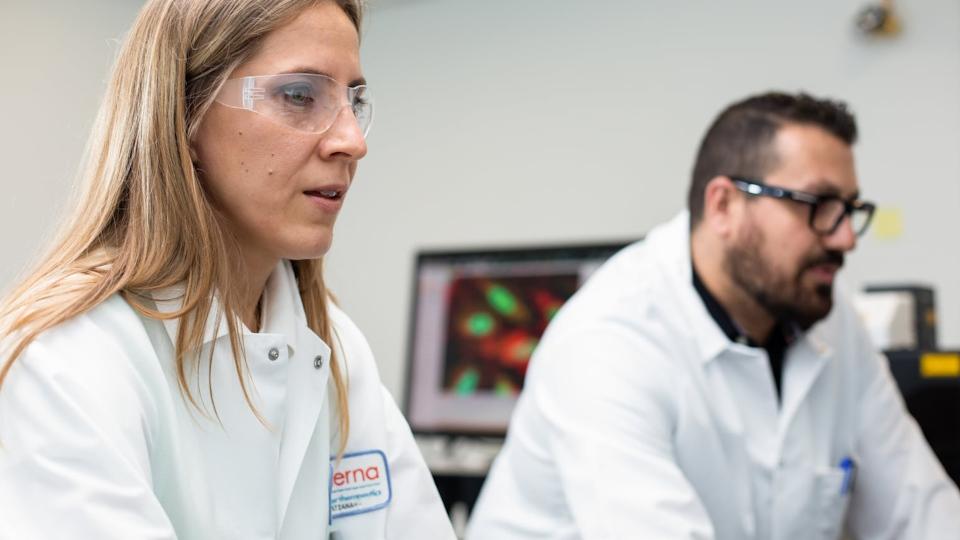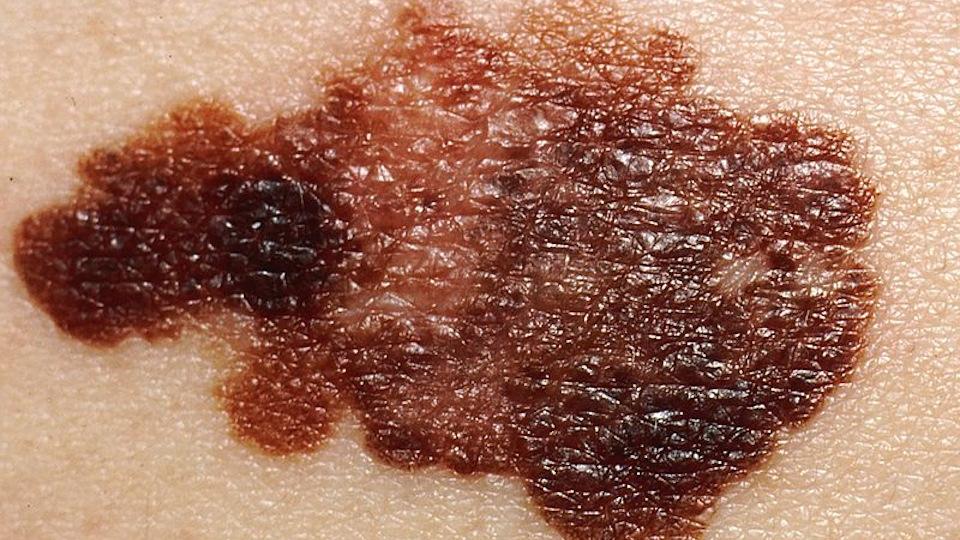MSD, Moderna cancer vaccine aces melanoma study

MSD and Moderna’s individualised cancer vaccine mRNA-4157 has shown impressive efficacy in a phase 2b trial in skin cancer melanoma, leaving the partners speculating about a possible regulatory filing.
New results from the KEYNOTE-942 study have revealed that combining mRNA-4157 (also known as V940) with MSD’s PD-1 inhibitor Keytruda (pembrolizumab) resulted in a 49% reduction in the risk of recurrence or death after three years compared to Keytruda alone in patients with high-risk stage III-IV melanoma following complete resection.
The result shows that the benefits of the personalised vaccine are durable, and, according to analysts, could be strong enough for MSD and Moderna to seek accelerated approval for the therapy from the FDA. Data reported at this year’s American Association of Cancer Research (AACR) congress showed that the regimen achieved a 44% reduction in recurrence or death at 18 months.
Two-year distant metastasis-free survival rates were also presented at AACR, showing a 65% reduction, and the new update indicates that has largely been maintained with a 62% difference at three years.
Shares in Moderna rose sharply after the announcement, although the stock has seen a steady decline in recent months thanks to a collapse in demand for Moderna’s COVID-19 vaccines.
MSD and Moderna have already started a phase 3 trial of the combination in melanoma, codenamed INTerpath-001, which will enrol around 1,089 patients with high-risk, stage IIB-IV melanoma who have had surgical resection to remove the tumour. The primary endpoint is recurrence-free survival, with overall survival and metastasis-free survival as secondary endpoints.
Final results are estimated sometime from 2029 onwards, so the big question for MSD and Moderna now is whether they wait for the initial readouts from that trial or go with a regulatory filing earlier, banking on the phase 3 as a confirmatory study.
The latter looks likely, given remarks by Moderna chief executive Stéphane Bancel that the vaccine could get approval as early as 2025. That timeframe suggests the company may be waiting for additional data from KEYNOTE-942, which is still only halfway through its follow-up period, as well as the completion of a manufacturing facility that is being constructed in Massachusetts.
In the meantime, MSD (known as Merck & Co in North America) and Moderna have also started a second phase 3 study (INTerpath-002) of the combination as adjuvant therapy for non-small cell lung cancer (NSCLC), and have said they “plan to rapidly expand to additional tumour types.”
mRNA-4157 is a personalised vaccine consisting of 34 mRNAs, each targeting ‘neoantigens’ identified by gene sequencing that are thought to be driving a patient’s cancer. The vaccine is designed to prime the immune system to attack the tumour cells, while Keytruda blocks an immunological ‘brake’ that protects the cancer.
MSD took up an option on the personalised RNA-based cancer vaccine with an upfront payment of $250 million as part of a collaboration that was first signed in 2016 and expanded in 2018. It has secured FDA breakthrough therapy and EMA PRIME designations, which could speed its path through to approval.













